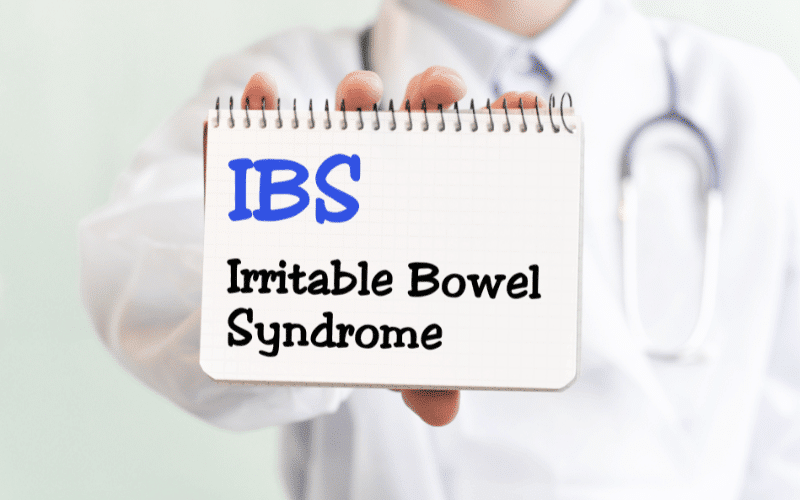5. Irritable Bowel Syndrome (IBS)

Irritable Bowel Syndrome (IBS) is a common gastrointestinal disorder that frequently co-occurs with fibromyalgia. Up to 70% of people with fibromyalgia also have IBS, experiencing symptoms such as abdominal pain, bloating, gas, diarrhea, and constipation. The exact connection between fibromyalgia and IBS is not entirely understood, but it is believed that shared underlying factors, such as central sensitization and altered gut-brain interactions, may contribute to the development of both conditions.
Managing IBS in individuals with fibromyalgia involves addressing the gastrointestinal symptoms and making necessary lifestyle changes. Dietary modifications, such as following a low FODMAP diet, can help reduce IBS symptoms for some people. This diet involves eliminating certain fermentable carbohydrates that can trigger IBS symptoms, and then gradually reintroducing them to identify specific food sensitivities.
Stress management techniques, such as deep breathing exercises, meditation, or cognitive-behavioral therapy, can also be beneficial in managing IBS symptoms. Since stress can exacerbate both fibromyalgia and IBS, learning to cope with stress effectively can lead to improvements in both conditions.
In some cases, medications may be prescribed to alleviate IBS symptoms, such as antispasmodics for abdominal pain or laxatives for constipation. It is essential to work with a healthcare professional to develop a comprehensive treatment plan that addresses both fibromyalgia and IBS symptoms. (4)